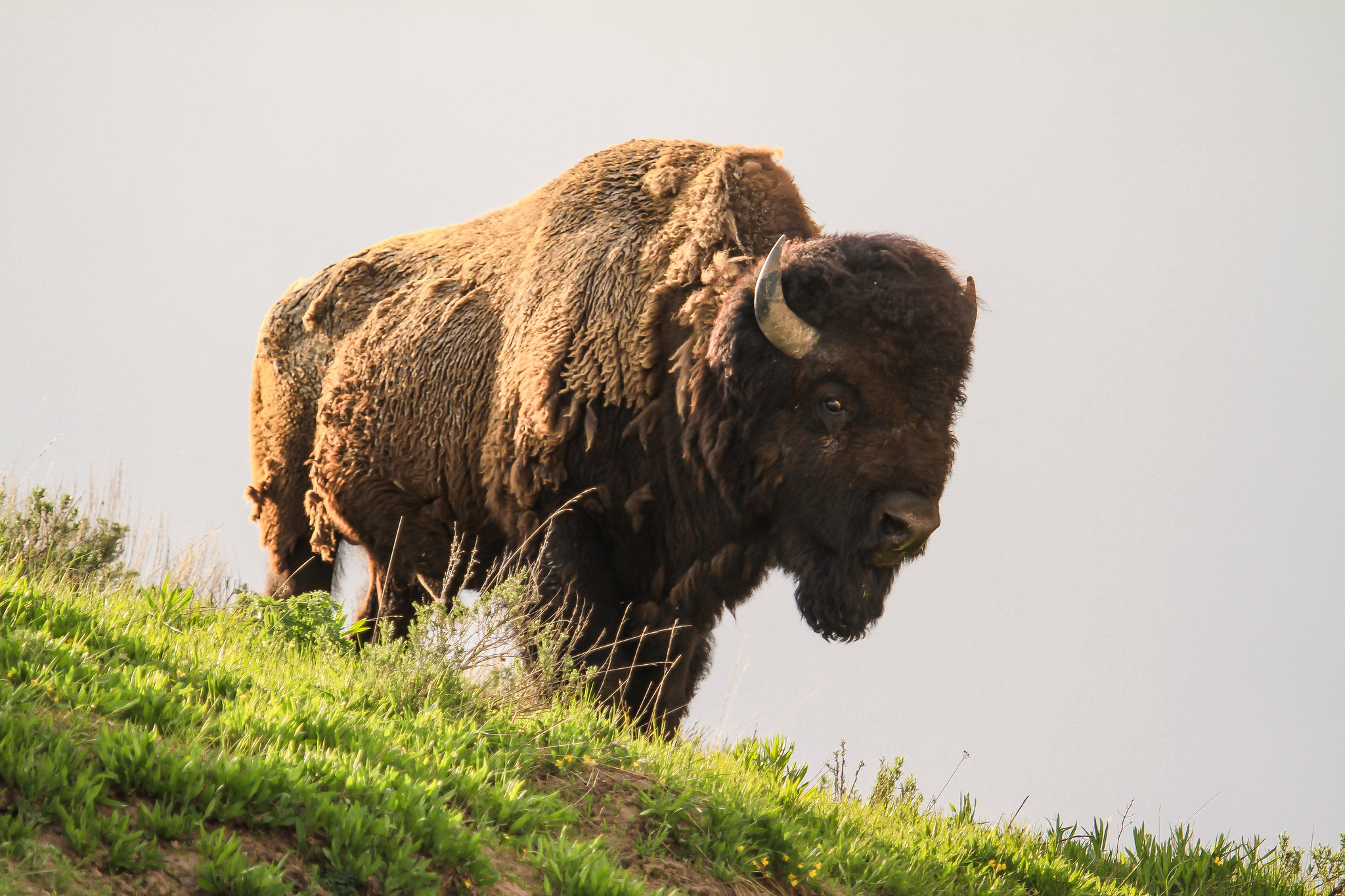Animals
 Climate change may affect animal agriculture in a variety of ways. These include the ability to produce feed-grain, the quality of pastures and forage crop production, animal health, growth, and reproduction, and disease and pest distributions.
Climate change may affect animal agriculture in a variety of ways. These include the ability to produce feed-grain, the quality of pastures and forage crop production, animal health, growth, and reproduction, and disease and pest distributions.
Outside of their ideal temperature range, animals need to conserve or shed heat to maintain productive. Optimum animal core body temperature is often maintained within a 2°C to 3°C range. For many species, deviations of core body temperature in excess of 2°C to 3°C cause disruptions of performance, production, and fertility that limit an animal’s ability to produce meat, milk, or eggs. Deviations of 5°C to 7°C often result in death. These changes can slow animals’ growth and reduce reproductive rates, which can increase costs for animal producers and consumers. Because of these impacts, changes in temperature associated with climate change may have an effect on the productivity of animal agriculture.










